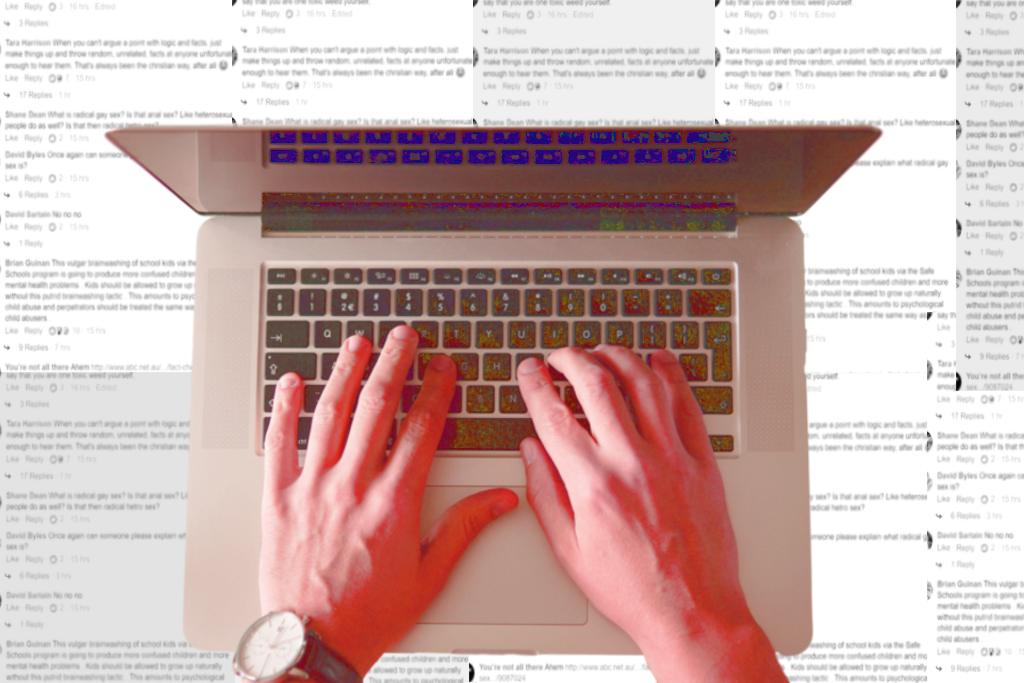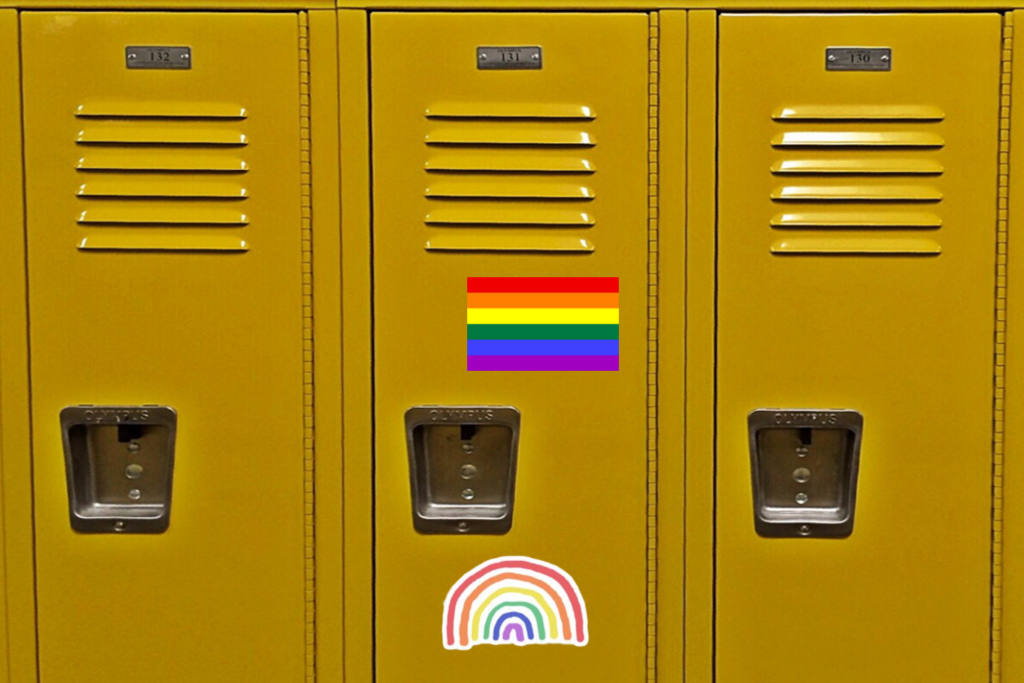The Postal Survey Has “Unleashed A Beast Of Homophobia”
Have we opened "a Pandora's box of hate and loathing"?

The postal survey on marriage equality has “unleashed a beast of homophobia”, and prominent LGBTIQ+ advocates fear it may take years for LGBTIQ+ relations to get back to where they once were.
Polls indicate the Yes campaign is headed for a decisive victory on November 15, so campaigners on both sides are turning their attention to the next steps on Australia’s slow march to marriage equality.
For No campaigners, that means finding new ways to block reform and roll back anti-discrimination laws. And while senior members of the Yes campaign will fly immediately to Canberra as soon as a (hypothetical) Yes result is announced in order to lobby the government to quickly pass a same-sex marriage bill, they are also grappling with another troubling problem: how will LGBTIQ+ Australians fare following a survey that has unleashed a wave of violent, harmful, homophobic rhetoric?
LGBTIQ+ Youths Hit Hardest
Micah Scott, the CEO of Australia’s largest LGBTIQ+ youth network Minus18, has seen first-hand the damage being done to young queer people throughout this campaign. He says the impact is being felt particularly hard by the trans community, which has become a major target of the No campaign.
“The queer youth community is feeling pretty shitty and really experiencing the blow,” Scott told Junkee. “We’ve had reports of people who’ve transitioned at high school and who had a fairly seamless experience then, but now they’re really starting to feel anxiety and fear because of the debate that’s being had.”
“The queer youth community is feeling pretty shitty.”
Scott said that around 50 percent of Minus18’s volunteers have needed to take time off during the campaign so they can take care of their own mental health.
He warns that some Australians have now been given licence to voice their true opinions about queer people, and those opinions won’t simply disappear after November 15.
“A lot of the conversations that the No campaign has been running around transgender people, Safe Schools, and ‘radical gay sex education’ has left some people feeling more empowered than ever. I think this is going to be just the start,” he warned.
Scott said many LGBTIQ+ people in Ireland are still experiencing residual homophobia more than 18 months after its referendum to legalise same-sex marriage, and pointed to research that showed that the debate was to the “significant social and psychological detriment” of queer people in Ireland.
In Australia, youth mental health service ReachOut confirmed it has received a 20 percent spike access to its sexuality and gender content since the beginning of the postal survey, and a 25 percent increase in access to its website.
A “Pandora’s Box Of Hate And Loathing”
Veteran LGBTIQ+ campaigner Rodney Croome, who led the fight to decriminalise gay sex in Tasmania in the 1990s and has been fighting to legalise same-sex marriage ever since, said the survey had opened a “pandora’s box of hate and loathing”.
“Once hate is legitimised, as it has been by the postal survey, it’s very hard to put back in its box. Regardless of the result of the postal survey, I fear many LGBTIQ+ people and their families will be living with the wounds inflicted by the No campaign’s rhetoric for quite some time to come.”
Meet some more heroes from the Freedom Team. My weekly blog is up. https://t.co/JkhRs030ip
— Lyle Shelton (@LyleShelton) October 31, 2017
In a blog post this week, leading No campaigner Lyle Shelton said he would be using everything he has learned throughout the campaign to continue the fight after the survey is over.
“A sleeping giant of concern about where our nation is headed is stirring,” he said. “The Freedom Team has now been blooded in the most challenging of political campaigns. We are battle hardened.”
“We know how to use an app for political persuasion, we have the courage to hold banners in public places, we know how to door knock strategically, we know how to staff call centres and we know how to stay on message.”
Yes Vote Could Be “Unifying”
Veteran of the Irish campaign and director of Australia’s Yes campaign, Tiernan Brady, acknowledged that for many queer Australians, this process has been devastating, but also struck a more optimistic tone about post-survey Australia.
“What we’ve seen in Ireland after the result, because it was a Yes vote, was this incredible, inclusive moment. It became understood that the people of Ireland believed that LGBTIQ+ people should be equal in the law and should be respected,” he said.
“But that’s not to say that every individual’s experience was positive. We know that many people and many families found the process incredibly stressful, and they had to seek support because of it. In the wake of this process, we do have to be wary that we need to take of people still.”
Brady said that one of the reasons the Yes campaign has tried to be “relentlessly positive” in its approach was the knowledge that no matter what the result, “we’ll all have to share the same country tomorrow”.
“There’s no victory in ‘beating’ people. Winning isn’t ‘beating’ people, it’s persuading people. Because we all have to come down to the same kitchen table, or the same office, the next day the next day.”
–
Rob Stott is the Managing Editor of Junkee Media. He tweets @rob_stott.
